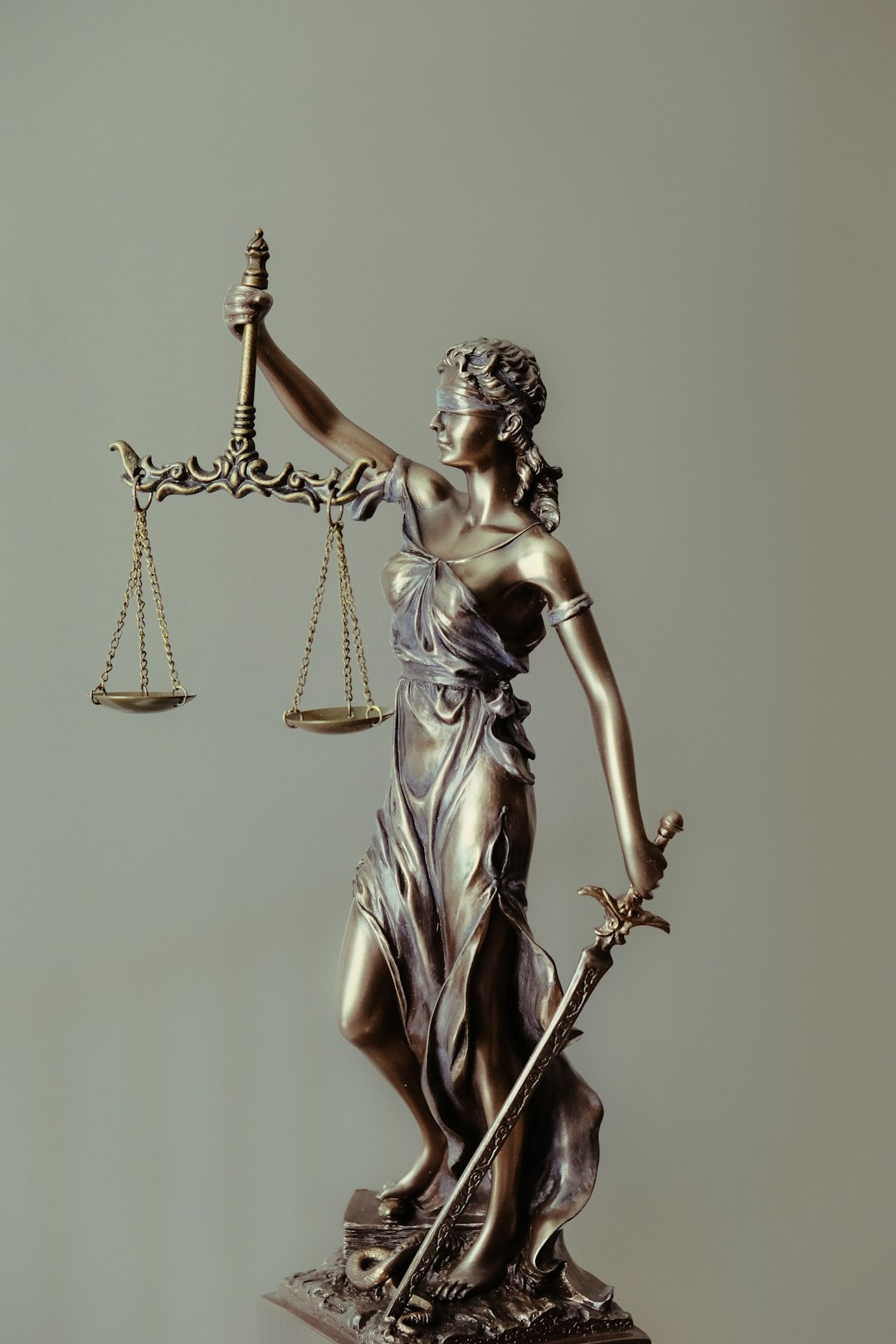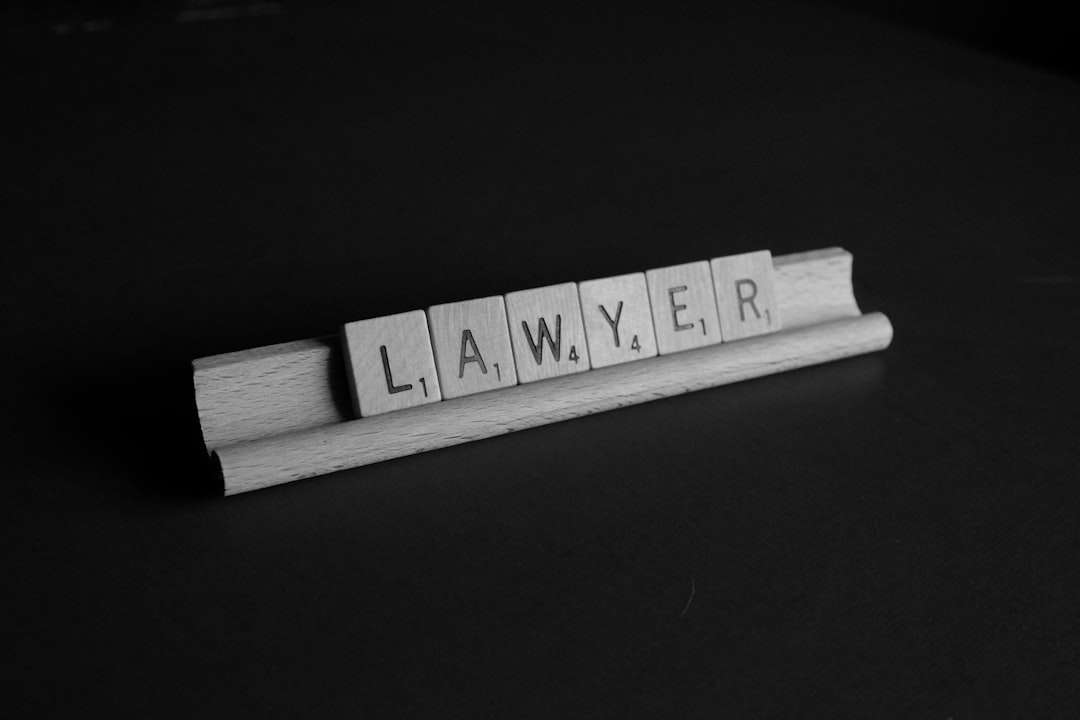Debt collector errors, such as misidentifying debtors or inaccurate reporting, are misconduct under Iowa law, protected by the FDCPA. If you've been a victim, consulting a debt collector lawyer in Iowa is crucial to protect your rights and seek compensation. Research local attorneys with expertise in consumer protection and debt collection laws for optimal representation.
In Iowa, navigating debt collection can be complex, especially with potential errors that may arise. This article guides you through understanding and addressing these issues. We’ll explore what constitutes misconduct from debt collectors, your legal rights and available remedies under Iowa law, and essential steps to hire a qualified debt collector lawyer in the state. By familiarizing yourself with these aspects, you can protect your interests effectively.
Understanding Debt Collector Errors: What Constitutes Misconduct?

Debt collector errors can range from misidentifying the debtor to inaccurately reporting outstanding balances or even using abusive language during communication. In Iowa, such mistakes can be considered misconduct under the state’s debt collection laws. Misconduct includes any unfair, deceptive, or aggressive practices aimed at extorting payment from an individual. This may involve threatening language, false representation of the law, or failing to verify the debt with the original creditor before contacting the debtor.
If you believe you’ve been a victim of debt collector misconduct, consulting a skilled debt collector lawyer in Iowa is crucial. These legal professionals can help navigate the complexities of debt collection laws and protect your rights. They can also assist in negotiating with debt collectors or, if necessary, taking legal action to seek compensation for any damages incurred due to the errors.
Legal Action: Your Rights and Available Remedies in Iowa

If a debt collector makes errors while attempting to collect a debt from you, you have legal rights and options available in Iowa. The Fair Debt Collection Practices Act (FDCPA) is a federal law designed to protect consumers from abusive or unfair debt collection practices. If a debt collector violates this act, you may take legal action against them.
In Iowa, a debt collector cannot use false or deceptive means to collect a debt, make misrepresentations about the amount owed, or harass or abuse you. If you believe a debt collector has violated your rights under the FDCPA, you should consult with a qualified debt collector lawyer in Iowa who can guide you through the process of filing a complaint with the Consumer Financial Protection Bureau (CFPB) or pursuing legal action to recover damages.
Hiring a Debt Collection Lawyer in Iowa: Steps to Protect Your Interests

When dealing with debt collection issues in Iowa, one of the most effective steps you can take to protect your rights and interests is to hire a specialized debt collector lawyer. These legal professionals are well-versed in navigating the complex regulations surrounding debt collection practices and can offer valuable guidance tailored to your situation.
To ensure the best outcome, consider these steps when seeking representation: 1. Research local attorneys with expertise in consumer protection and debt collection laws. 2. Evaluate their experience and success rate handling cases similar to yours. 3. Schedule initial consultations to discuss your case and understand the potential legal remedies available. Engaging an advocate who understands the intricacies of Iowa’s debt collection regulations can help safeguard your rights and potentially recover any harm caused by incorrect or unfair debt collection practices.






